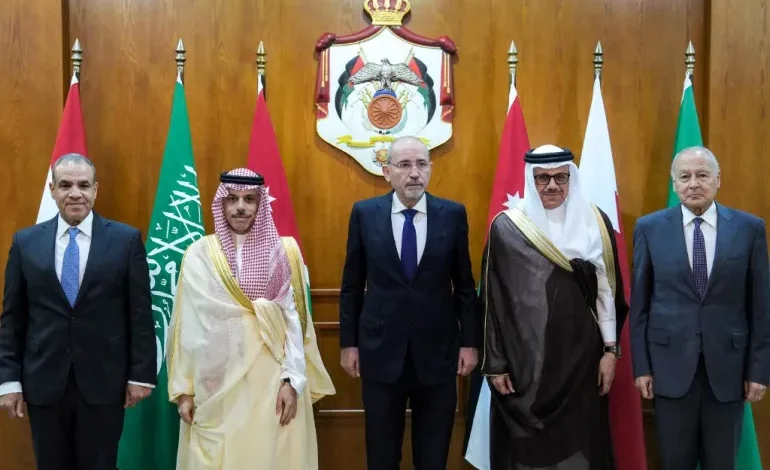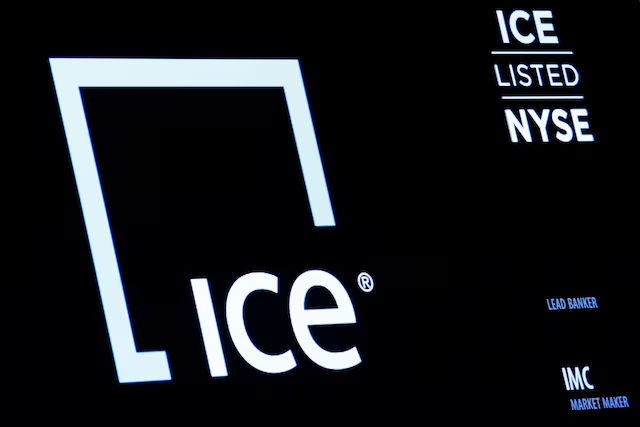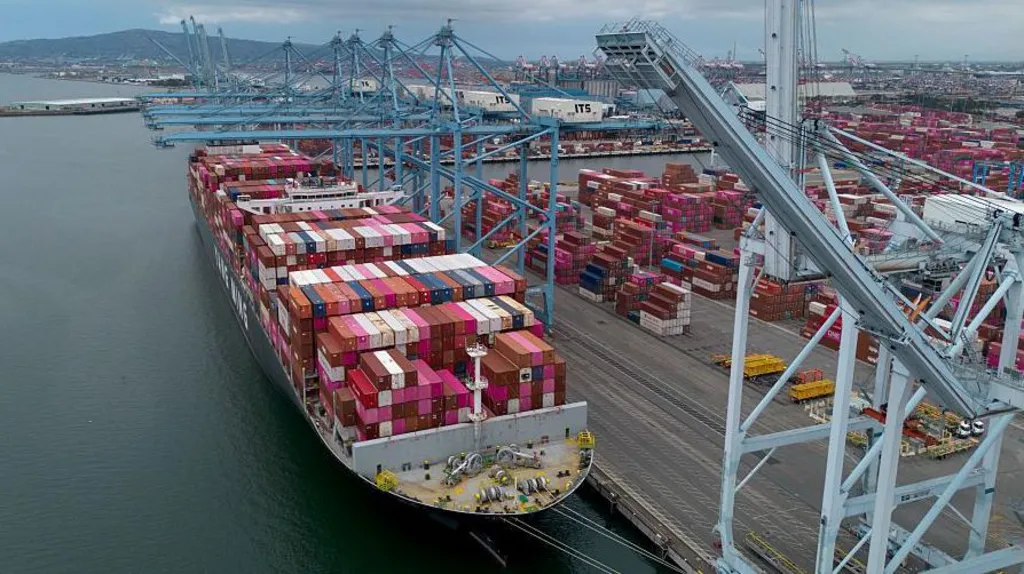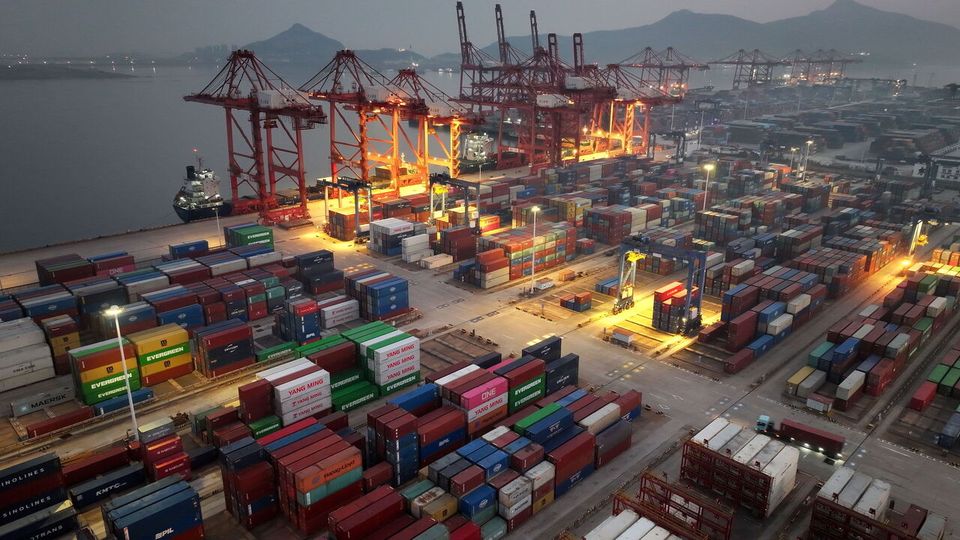Saudi Arabia Slams Israel for Blocking Arab Ministers’ Visit to West Bank

Saudi Arabia has accused Israel of displaying “extremism and rejection of peace” after it blocked a planned visit by several Arab foreign ministers to the occupied West Bank, where they were set to meet with Palestinian President Mahmoud Abbas.
Saudi Foreign Minister Prince Faisal bin Farhan Al Saud made the remarks during a joint press conference in Amman on Sunday, alongside his counterparts from Jordan, Egypt, and Bahrain. The visit was part of a coordinated Arab effort to support Palestinian diplomatic efforts amid Israel’s ongoing military campaign in Gaza.
“Israel’s refusal of the committee’s visit to the West Bank embodies and confirms its extremism and refusal of any serious attempts for a peaceful pathway,” Prince Faisal said. “It strengthens our will to double our diplomatic efforts within the international community to face this arrogance.”
The blocked delegation, which also included ministers from Qatar and the United Arab Emirates (UAE), had planned to travel to Ramallah, a key Palestinian political hub. However, Israel, which controls the airspace and borders of the occupied territory, announced Friday that it would not grant the necessary clearance for the visitAn Israeli official defended the decision, accusing the Palestinian Authority of attempting to use the visit as a political maneuver.
“The Palestinian Authority – which to this day refuses to condemn the October 7 massacre – intended to host in Ramallah a provocative meeting of foreign ministers from Arab countries to discuss the promotion of the establishment of a Palestinian state,” the official said. “Israel will not cooperate with this.”
The move comes at a time when international pressure is growing on Israel to engage in meaningful negotiations toward a two-state solution, with countries in Europe and at the United Nations urging the recognition of an independent Palestinian state.
If allowed to proceed, the visit would have marked the first time in recent memory that a top Saudi official traveled to the West Bank—a symbolic milestone in Arab diplomatic engagement with the Palestinian cause.
Jordanian Foreign Minister Ayman Safadi called the Israeli ban yet another obstacle to peace.
“This is one more act by Israel that is killing any chance of a just and comprehensive solution,” he said.
Meanwhile, Egyptian Foreign Minister Badr Abdelatty highlighted a coming international conference—co-hosted by France and Saudi Arabia—set for June 17 to 20 in New York. The event will focus on pathways toward Palestinian statehood, as well as post-ceasefire security arrangements and reconstruction plans for Gaza.
Abdelatty stressed that efforts must be made to prevent the displacement of Palestinians and preserve their right to remain on their land.
The blocked visit and the mounting diplomatic fallout come amid ongoing Israeli air and ground operations in Gaza, which have drawn condemnation from humanitarian groups and Arab states alike.
While Israel maintains it is acting in self-defense, critics accuse the country of obstructing efforts for a political resolution and exacerbating the suffering of Palestinians both in Gaza and the occupied West Bank.









The latest news in your social feeds
Subscribe to our social media platforms to stay tuned